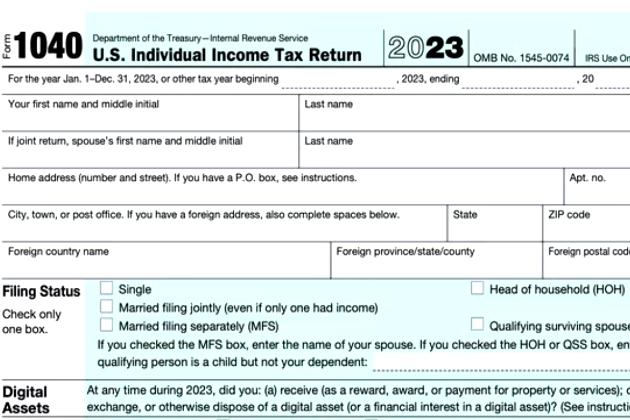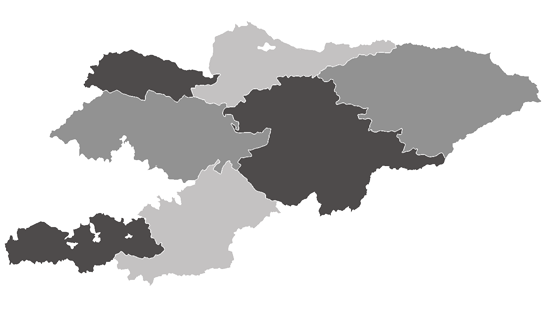WASHINGTON, D.C.: According to the U.S. Treasury Department, the IRS is set to close a significant tax loophole for wealthy taxpayers, potentially raising more than US$50 billion in revenue over the next decade.
Announced on June 17, the proposed rule and guidance aim to eliminate "partnership basis shifting" - a tactic allowing businesses or individuals to move assets among related parties to avoid taxes. Deputy Treasury Secretary Wally Adeyemo described the practice as "really just a shell game," stating there are no legitimate economic grounds for such transactions.
"These tax shelters allow wealthy taxpayers to avoid paying what they owe," IRS commissioner Danny Werfel said.
Underfunding in previous years led to reduced audits of wealthy individuals, resulting in the widespread use of asset shifting among partnerships and companies.
The IRS reports that filings for large pass-through businesses, often used for tax avoidance, surged by 70 percent from 174,100 in 2010 to 297,400 in 2019. Concurrently, audit rates for these businesses plummeted from 3.8 percent to 0.1 percent.
The Treasury estimates a $160 billion gap between what the top 1 percent of earners owe and what they pay in taxes.
Miles Johnson, a senior attorney adviser at the Tax Law Center at NYU Law, said "these transactions effectively make income disappear from the tax system by creating depreciation deductions or other tax reductions that don't reflect any true economic cost."
The proposed rule aims to stop these transactions by eliminating their tax benefits and improving the IRS's ability to identify them as lacking substance. This effort is part of a broader initiative by the IRS to target high-wealth tax cheats who manipulate the tax code or fail to pay taxes entirely.
In the past year, the IRS has launched initiatives to pursue individuals and businesses that improperly deduct personal flights on corporate jets and to collect back taxes from delinquent millionaires. By 2026, the IRS plans to increase audit rates on companies with assets above $250 million to 22.6 percent, up from an 8.8 percent rate in the 2019 tax year. It also aims to boost audit rates tenfold on large complex partnerships with assets over $10 million.



























 35
35 















